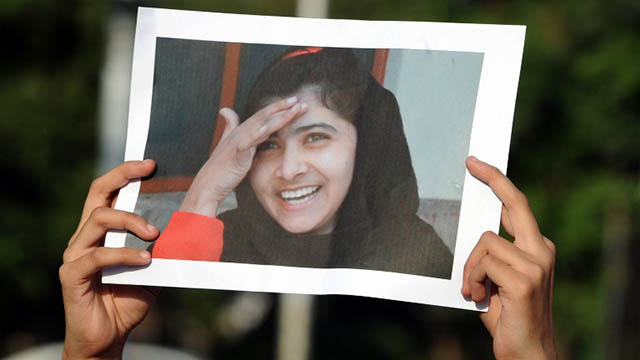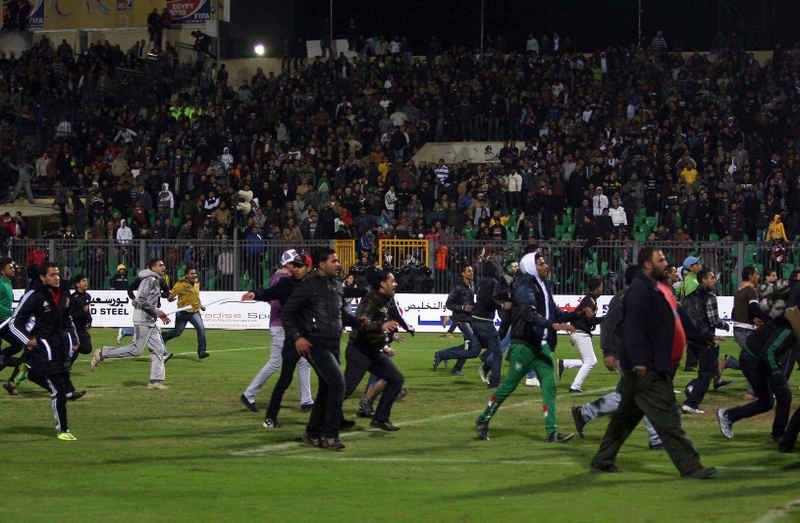
(Photo Screen shot from Harassmap website)
“I’m a harasser. But after my wife experienced being harassed while walking peacefully in the street, I never touched or annoyed any girl ever.” With that, Ahmad Salah, one of the attendees at the open mic night organised by Harrasmap kicked off the evening.
On a small dark stage, painted black, with a few chairs for people to rest, and only a spot light in the middle, focused on the one person speaking, several people began sharing their experiences with sexual harassment and their points of view on the topic. Each spoke for about three minutes.
Harrasmap is an initiative to put an end to the social acceptability of sexual harassment and assault in Egypt. It focuses on changing people’s perceptions, to start standing up to it before and when they see it happen.
It is also the first independent initiative to work on sexual harassment and assault in Egypt.
The open mic is one of Harrasmap’s many events and awareness campaigns, in which people talk about their own experiences with sexual harassment. It also allows them to voice their points of view regarding the main source of the problem, how to solve the crisis, and the methods of dealing with it if it happened to anyone.
As society is a closed circle, everything anyone does comes back to haunt them or their family members. “It’s everyone’s fault. There’s no one to blame as we’re all criminals,” Salah said.
“I can’t describe the agony that burns my heart when I see the fear in my sister’s eyes every time she walks down the street or simply takes a cab,” said Ahmed Medhat, another attendee.
According to Medhat, Egyptian society has reached its limits when it comes to sexual harassment, such that it cannot be ignored nor left without addressing anymore.
“We have to find a way to reach each social level with the appropriate language that they understand to discourage harassing behaviour and seriously reduce it,” he said.
With regards to the main source of the problem, between childhood upbringing and media, points of views have varied.
“Most of the times, the harasser has never been taught the meaning of respecting others and their private spaces by his parents. You can’t really blame someone for being unmannered without teaching him first,” Salah said.
On the other hand, Nahla, another speaker, insisted that the reason behind the spread of sexual harassment – on the Egyptian streets generally and among the lower-income social classes specifically – is the media.

(Photo from Facebook page)
When young children see all these incidents on the TV, with girls describing what they went through and how they have been harassed in detail, without seeing any person being caught or punished for such acts, this entrenches their feelings that it’s okay to harass any girl verbally or physically, as they will not face the consequences anyway, according to Nahla.
Agreeing with Nahla was Ahmed Hegab, who discussed the famous case of the Egyptian reporter who was sexually harassed by a group of children on air while covering clashes in Alf Maskan.
“All the media and people focused on was the reporter’s reaction – which they found inappropriate – when she hit the boys defending herself.”
Hegab continued with a surprised tone: “No one ever discussed the fact that this girl was sexually assaulted by some guys who dared to do it while the cameras were rolling!”
While some discussed the reasons, other focused on the solutions, and how to react if anyone is harassed.
“My sister was walking with her friend on the street when she faced harassment, and nobody stopped the guys. But when she decided to throw a garbage bag in their faces, they started to walk away,” said Kamal, one of the speakers.
From his point of view, sexual harassment has nothing to do with sex or sexual deprivation; rather it’s a spreading phenomenon across the country. “The 10-year-old child is not old enough to have sexual desire, yet he still assaults girls passing by him,” he pointed out.
The evening ended with the speakers encouraging women to speak up, defend themselves and not to be afraid if they happen to face any sexual assault in the street. They also encouraged men to interfere and stop any form of molestation by other males towards women.
The Harrasmap initiative was launched in 2010, giving people the chance to report the sexual harassment they face, with details of the place and time, literally mapping the instances of harassment on a map online, depicting the areas of most frequent harassment.
Each report appears on the map as a red dot. When the viewer clicks on the dot, the full text of the report is displayed.
With the help of hundreds of well-trained volunteers, they go to neighbourhoods with frequent sexual harassment reports to raise awareness, and encourage people to stand against that.
The map and the eyewitness stories documented on it help them show that harassment does in fact happen on their very streets.
Also, a research team analyses the reports on the map, and they use this analysis to create insightful communications campaigns against sexual harassment that encourage people to stand up and take action against it.
One of the well-known social campaigns Harassmap had was “Don’t be silent”. It aimed to encourage girls to speak up if they are sexually harassed, or witness another case of harassment.
The campaign provided girls with numbers to call for help and support if she feels afraid all by herself. It also shot videos of girls telling their stories of how they bravely fought the harassers back.
Another campaign was “Salaha fe Demaghak” (Get it right), challenging misperceptions about sexual violence in Egypt. The campaign gained a lot of popularity over social media, through comics that illustrated the way sexual violence in all its forms is often misnamed.
The campaign also included workshops, seminars, storytelling sessions and self-defence classes.


